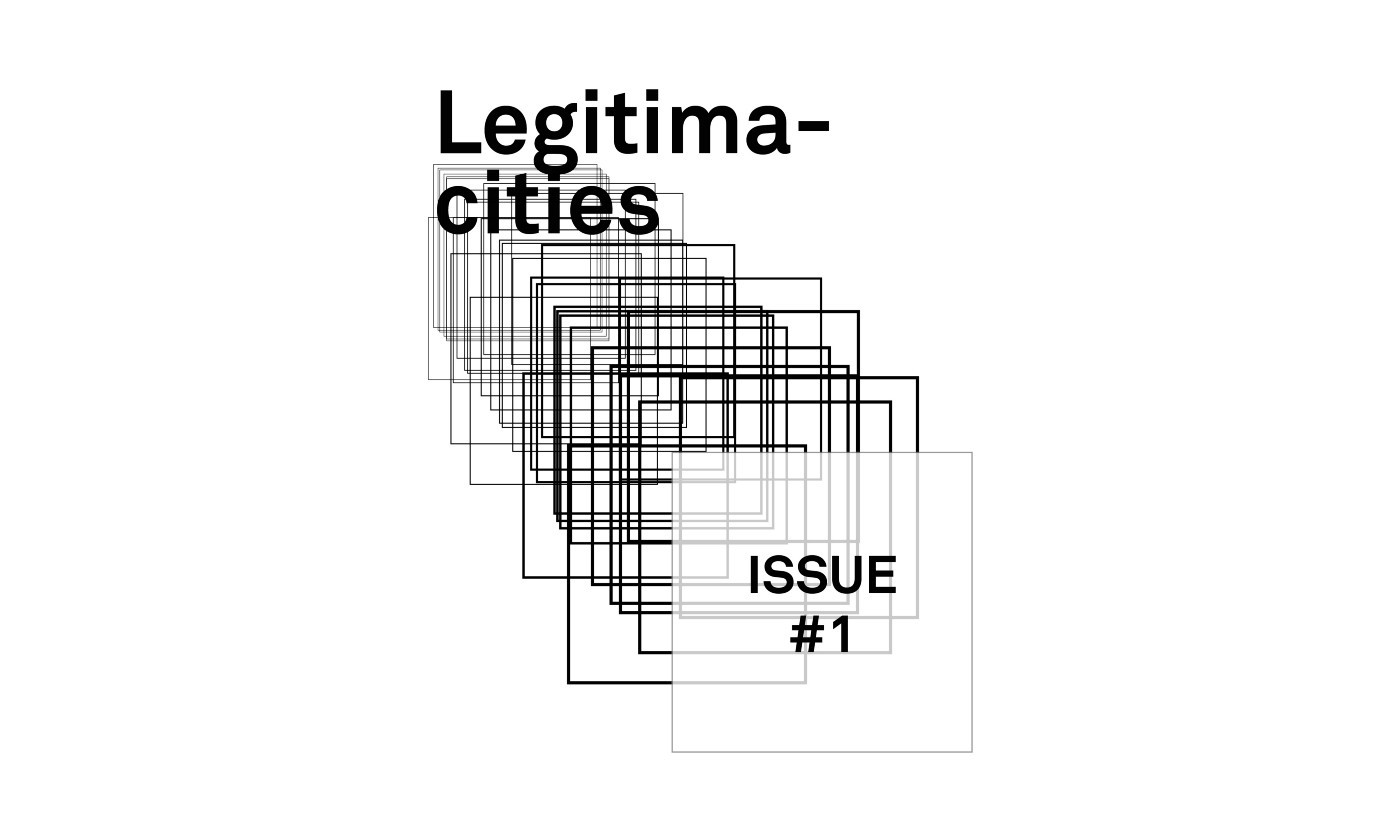
Could a network of regulatory experimentation labs in cities build legitimacy and shape inclusive innovation toward a great transition?
Read the full report. — legitimacities/
By Joost Beunderman Matthew Claudel, Jayne Engle, Indy Johar Jonathan Lapalme, Chloe Treger,
This proposal is a response to one of the most urgent crises of our time: the widespread erosion of trust in governments, organizations, and each other.

The immediate crises of ecological collapse and social inequality are difficult – if not impossible – to approach without addressing the deeper fractures in our public imagination and the social legitimacy of our institutions. By public imagination we mean the collective capacity to dream of long-term futures and create transition pathways to realize them; and by legitimacy, we mean the trust, credibility, and shared public confidence that institutions and organizations are in the service of public purpose and working toward better life ways for all.
This is a time when human-planetary-technological relationships are being redefined – and this is a time characterized by fake news, hyper-monopolistic corporations, xenophobic nationalism, algorithmic opacity, and surveillance capitalism, all of which make the problems unintelligible, and solutions unimaginable. At the moment when collective action is most needed, the legitimacy that undergirds its institutions is eroding.
To move forward, we must explore wholly new modes of governance; new paths to legitimacy – because public imagination and legitimacy are foundational tools for building healthy futures for people and planet.

This research and development proposal is intended for city governments, communities and others who are committed to reforging the relationship between public, private, and civil society sectors. It welcomes innovators who believe that only by working together can we rise to the present challenges.
We build the case that cities and communities are at the heart of creating better futures. At this scale we experience trust and mutual accountability; it is the scale at which the unintended impacts and externalities of technologies are felt; and it is the scale of collective creativity. It is also the scale that is drawing increasing attention from “big tech” companies. It is also the scale that is drawing increasing attention from “big tech” companies. Their recent urban development proposals, including Amazon’s HQ2 and Alphabet’s Sidewalk Toronto, are challenging public means of constructing and preserving public value.
Nevertheless, it is increasingly clear that government neither has the capacity nor should be the sole architect of public value. Governance for public value is and needs to be formed at the intersection of state, markets, educational institutions and civic activism – that is, in new hybrid entities – where the public good is deliberated with all its different and complementary models of making societal decisions. In short, cities and communities are where pathways to deliberative legitimate innovation in a disruptive technological era can and must be discovered.
This document is an early outline for enabling civic innovation and regulatory experimentation. These capacities will be built by hybrid labs embedded across government, private and civil society sectors – spanning sectors and institutions will render these labs more resilient to political changes and systemic shocks. We conclude by proposing a network of civic institutions at the local and regional scales that will build the social, political, and technological infrastructure for innovation. We call this multi-scalar approach to transition pathways “Legitimacities.”
This document is an interim output of work by the McConnell Foundation and Radicle Laboratories, in collaboration with others. It has been collectively conceptualized and created through two initiatives: a series of open workshops on regulatory experimentation (RegX) with contributors from across sectors, and the proposal for a city-specific regulatory experimentation lab that was a part of Montreal’s winning proposal to the Canadian Smart Cities Challenge. Both initiatives grew through the contributions of collaborators from across sectors.
This is Issue #1 – the first in a series that aims to build an open and expansive field of practice. We look forward to refining and evolving this work with others. Please reach out to join us in building Legitimacities.
Read the full report. – legitimacities/
Get in touch:
Indy Johar , Radicle — Indy@darkmatterlabs.org
Jayne Engle, Cities for People — jengle@mcconnellfoundation.ca
Jonathan Lapalme, Radicle — Jonathan@darkmatterlabs.org
Authored by Cities for People — Des villes pour tous – and Radicle
Collaborators include: MaRS Discovery District, The Tamarack Institute, Future Cities Canada, Maison de l’innovation sociale, La Pépinière Espaces Collectifs, Lab d’innovationurbainedeMontréal, OpenNorth | NordOuvert, McConnell Foundation
